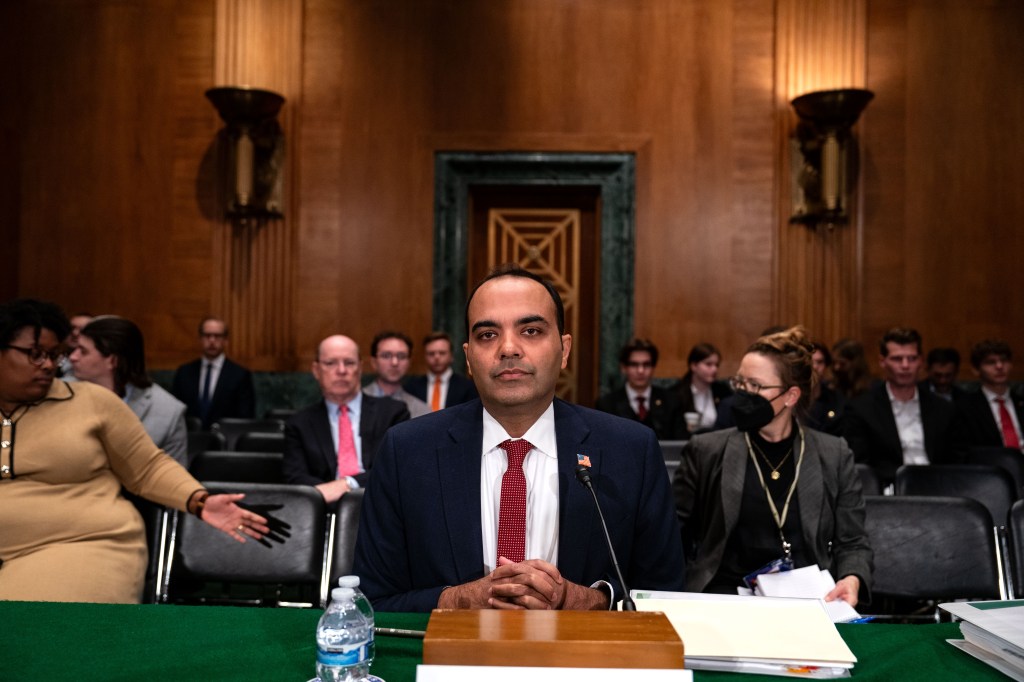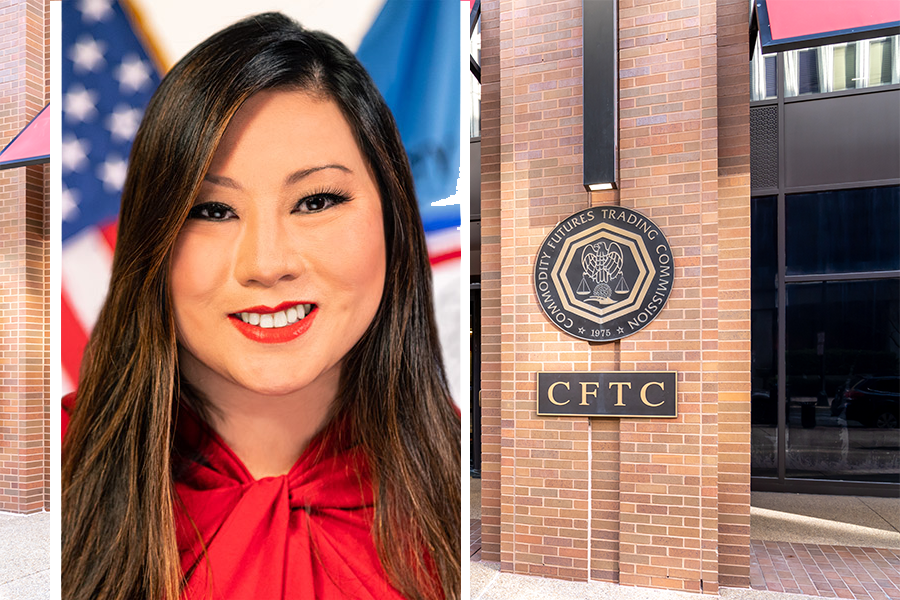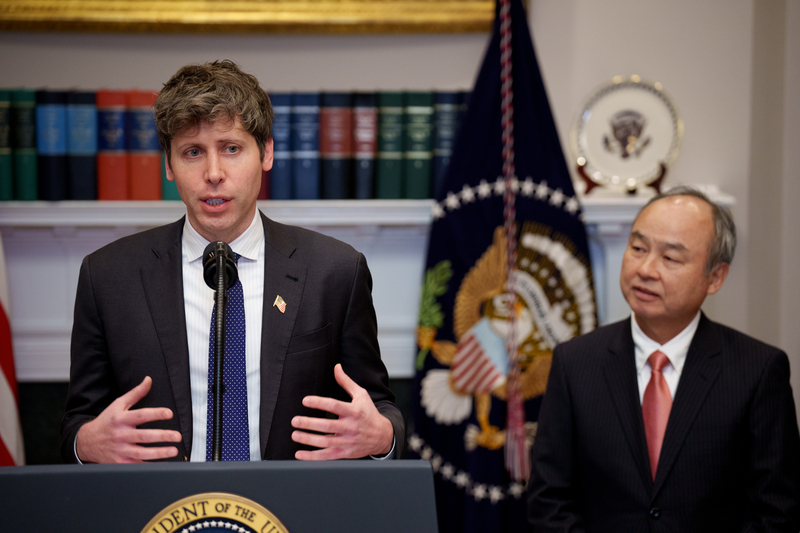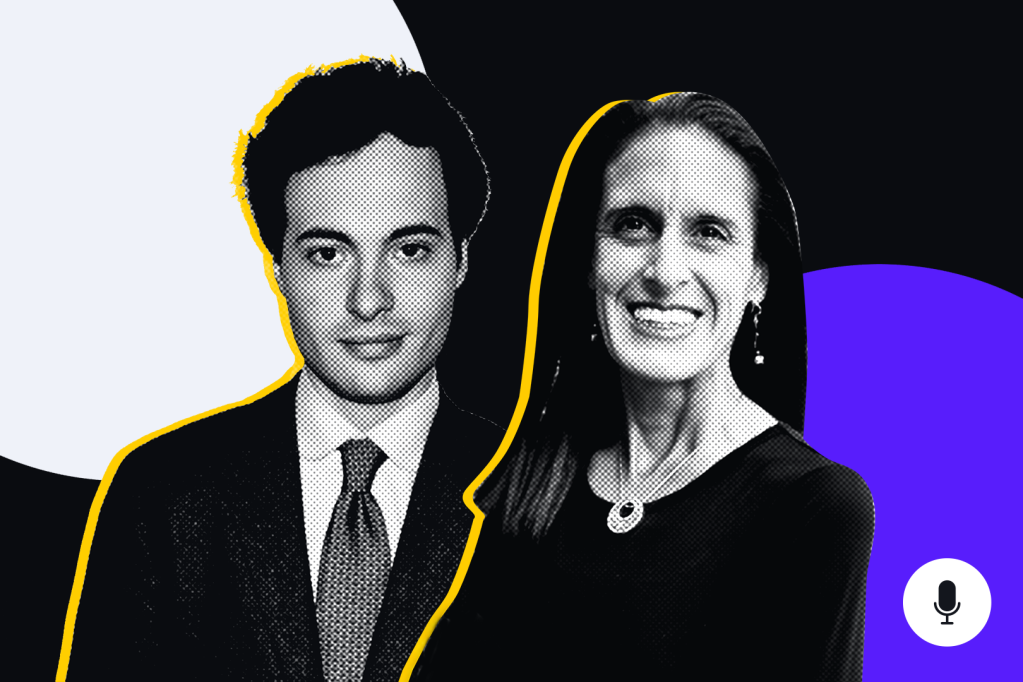Even for someone who has worked in regulation for as long as Alex Viall has, these are tumultuous times. We discussed the future for regulation in the UK in the light of the UK government attempting to assert its will more strongly over regulators; took the post-Brexit temperature, and weighed up future prospects for regulation in the current hot properties of crypto and ESG.
What are your forecasts for the global regulatory landscape?
“The EU/UK divergence will accelerate and become more defined. There’s a massive disparity between what the government wants to do and what the regulators are happy with, so I think that will be really fascinating to watch.”
“In the UK, Rishi Sunak is more technocrat so I doubt he will rock the boat. When Boris Johnson and Liz Truss were at the helm, they were suggesting having intervention powers to basically overrule regulators in order to show that Brexit has been this magnificent deregulatory opportunity. But regulators are saying ‘wait a minute, we don’t like the sound of that, you’re going to disturb the stability of the markets and the reputation of the UK and it’s not the way regulation has previously been structured’.”
“We have independent regulators, and that’s why they’re respected globally. But if you undermine that, then suddenly you sort of destabilize the UK’s appeal.”
Alex Viall
“We have independent regulators, and that’s why they’re respected globally. But if you undermine that, then suddenly you sort of destabilize the UK’s appeal. It’s like Trump saying actually the legislature is not independent, it’s run by the government and we’ll put in whoever we like as Supreme Court judges.”
If we compare Europe with the UK, are European regulators lacking teeth?
“I think Europe traditionally has an image problem in terms of its enforcement capability. The markets haven’t been regulated as aggressively as they have in the UK. There’s different sorts of applications of the underlying rules. But I think that’s starting to change actually. I think they recognize that and they’re starting to activate that.”
“Who is [the FCA’s] new enforcement person and what is their ethos going to be? Will it be poster cases for the market, will it be a success ratio where they go after only the things they know that they can win successfully?”
“In the UK, Mark Steward is leaving the FCA, where he has worked as Executive Director of Enforcement & Market Oversight. He had an approach of ‘I’m going after everything’ which I’m not sure worked. Who is the new enforcement person and what is their ethos going to be? Will it be poster cases for the market, will it be a success ratio where they go after only the things they know that they can win successfully? It’ll be fascinating to see. Will they go after a big bank for using WhatsApp? Will they go after big asset managers?”
“At the moment it feels like they’re kind of obsessed with market abuse. If you look at actions in the last year, Sigma Brokers and CitiGroup, it feels like people have had six years to get the market abuse regime right, and not all of them have. I think they’ll go after people who are not capturing and monitoring quotes and orders in a big way.”
“Jamie Bell of the FCA said at XLOD that the gap between the top firms and middle firms is too big in terms of their compliance practice. So I think they’ll go after that middle tier and it’ll be a grim time for them. I think it’s still playing out but I don’t think Brexit is going to change things radically.”
Regulators have struggled to unite on how to tackle crypto. What do you foresee there?
“Crypto is really fascinating because they’re obsessed with wanting to encourage innovation and investment and the UK wants to be this crypto center of the world. But at the same they’re massively under pressure to make sure that consumers do not get damaged in any way, and crypto is the easiest way for people to lose money, either speculating or through scams and fraud. So how do you open up that environment and at the same time protect consumers?”
“Until the crypto world unites on what it wants to be, it will continue to be very divided.”
“Until the crypto world unites on what it wants to be, it will continue to be very divided. FTX has damaged the reputation of crypto but I would argue that some of the original founding pioneers are actually probably quite delighted because it puts power back in DeFi. From a market perspective, FTX and the crypto winter have driven the crypto opportunity more towards the use of it as a technology – blockchain, DeFi, any assets that were becoming institutionalized have taken a massive knock in terms of their ability to be defined as securities and trustworthy investments. I think everyone has realized they are literally just speculative vehicles.”
So you don’t think crypto could be seen going forward as trustworthy investments?
“Until the exchanges come onshore into highly regulated environments, I don’t think so, because no no one trusts the people who run these big containers of assets.”
“Not only do [crypto exchanges] not have the appetite to be properly regulated, I don’t know whether they have capital structure to do it.”
“It’s just the shadowy world they’ve set up in order to avoid basic anti-money-laundering regulation. A lot of them have deliberately stayed offshore to avoid all of that. Not only do they not have the appetite to be properly regulated, I don’t know whether they have capital structure to do it. It’s expensive to comply. I’m not sure that they have the funding to do that. It’s all pretty notional. It’s all based on the value of the token at the time. It feels like there’s very little underlying fiat.”
What about ESG?
“There’s a lack of consistency internationally and a fear factor out there. People are telling me ‘we can’t find enough people to deal with it. And when we do, they get poached, because there’s so much demand, because people don’t understand the regulation and how to comply with it’.”
“I think people generally conclude the biggest impact they can have is fixing the E in ESG, so emissions and carbon pricing could actually have the biggest impact. But financial regulators seem to be obsessed with the S and the G because of the culture drum that they’ve been beating for so long that’s actually very well supported by the S and the G. They think culture is linked to conduct. So if you have a good culture you are more likely to show good conduct. If you have a bad culture, then those are the firms that generally misbehave.”

















